
Microindustries
We believe that people are the most important source of energy, and we see their potential to shape the future. When given the right opportunities, people thrive, and can drive economic growth and prosperity for themselves and their communities.
We provide people with access to such opportunities.
Our initiatives to seed microindustries in the Kingdom are designed to support people to shape their economic future, and leverage traditional crafts and natural resources. We have identified several microindustries that we believe, with the right business model and support, can stimulate traditional crafts as viable businesses, and enable local communities to thrive.
![]()
Honey
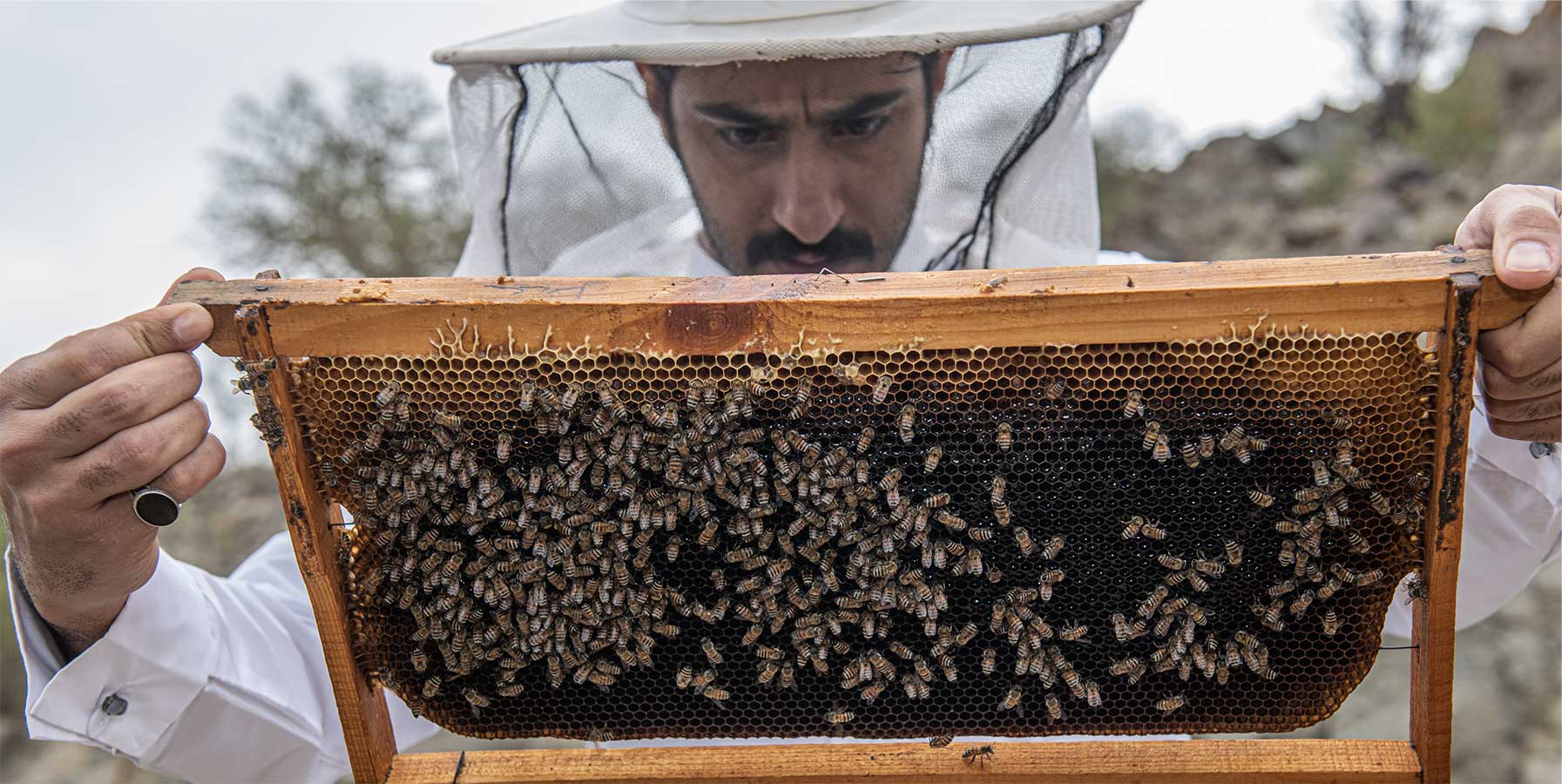
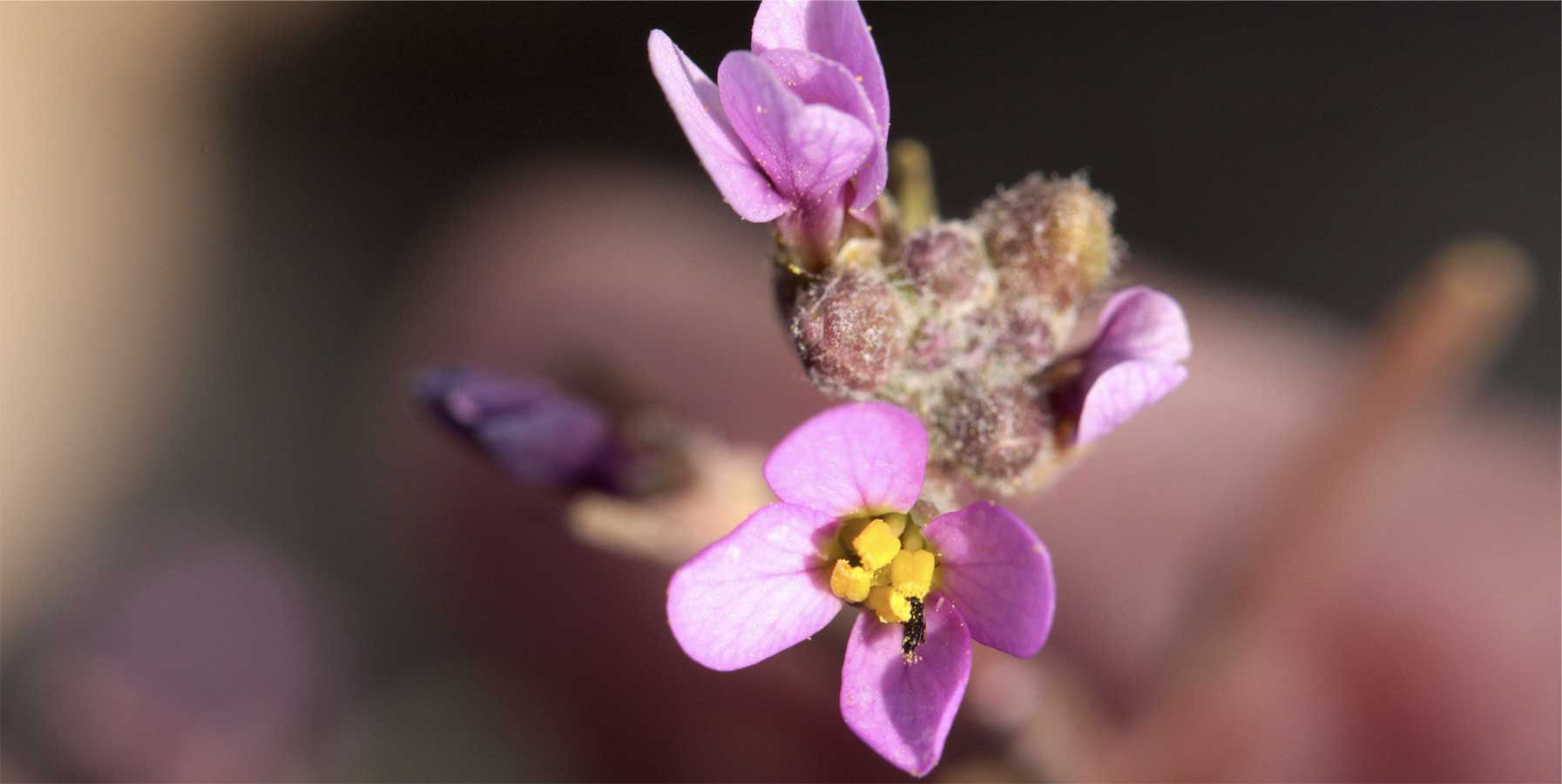
The south-western region of Saudi Arabia has a proud tradition of honey production that stretches back generations. From the Sarawat Mountain range to the great Tihama coastal plain.
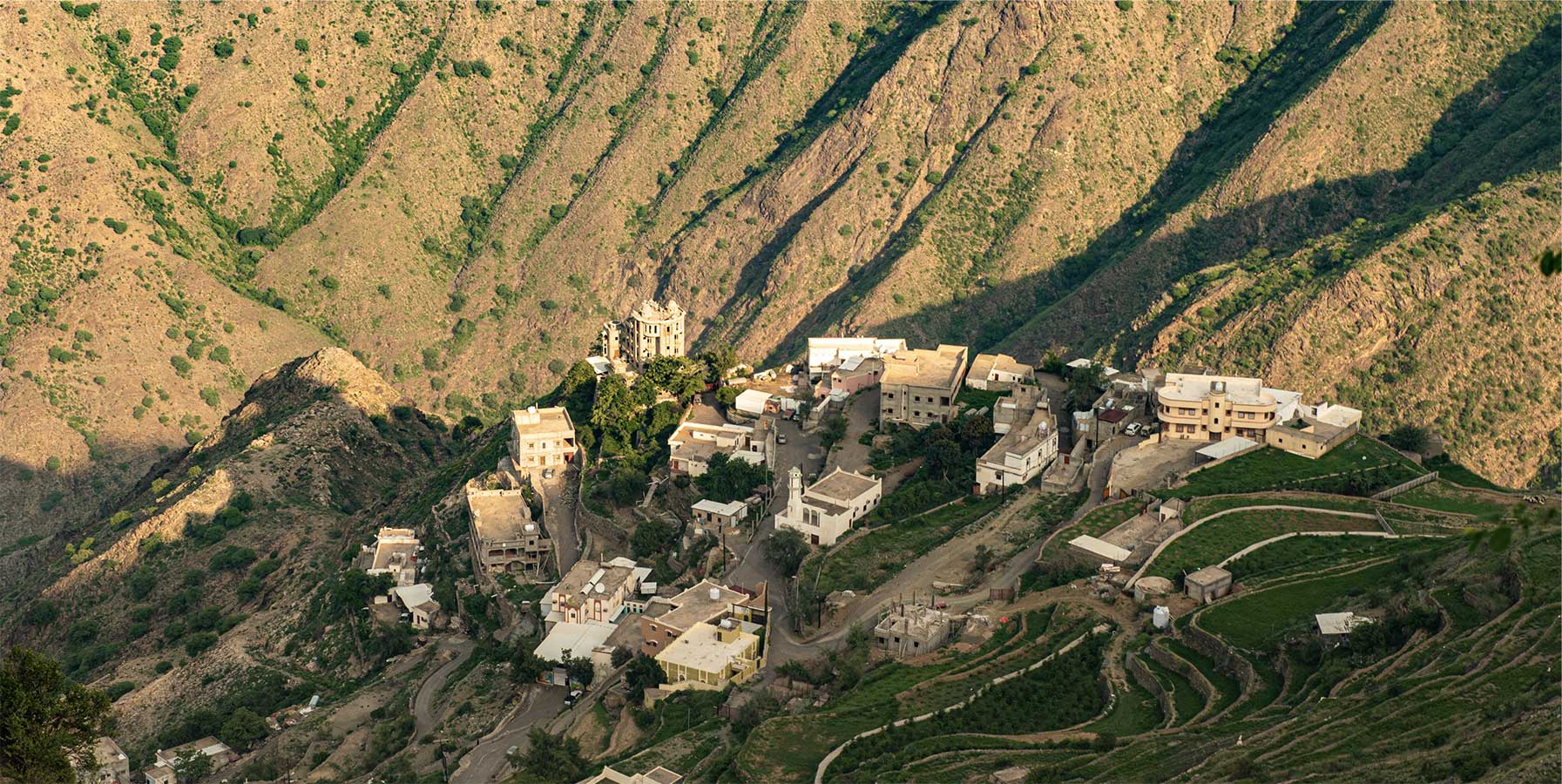
This stunning landscape contains a wide variety of plants, flowers, and trees. This lush environment makes it ideal for honey production of the finest quality.
Inspired by the quick success of the initial project, we expanded our honey initiative to Aseer and Taif, and Al Madinah in 2021. As of the start of 2026, Aramco has supported approximately 2,600 beekeepers in the region with all the requirements for honey production, providing them with tools, specialized training, and access to expertise.
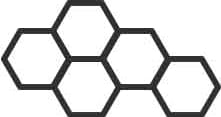
Textiles
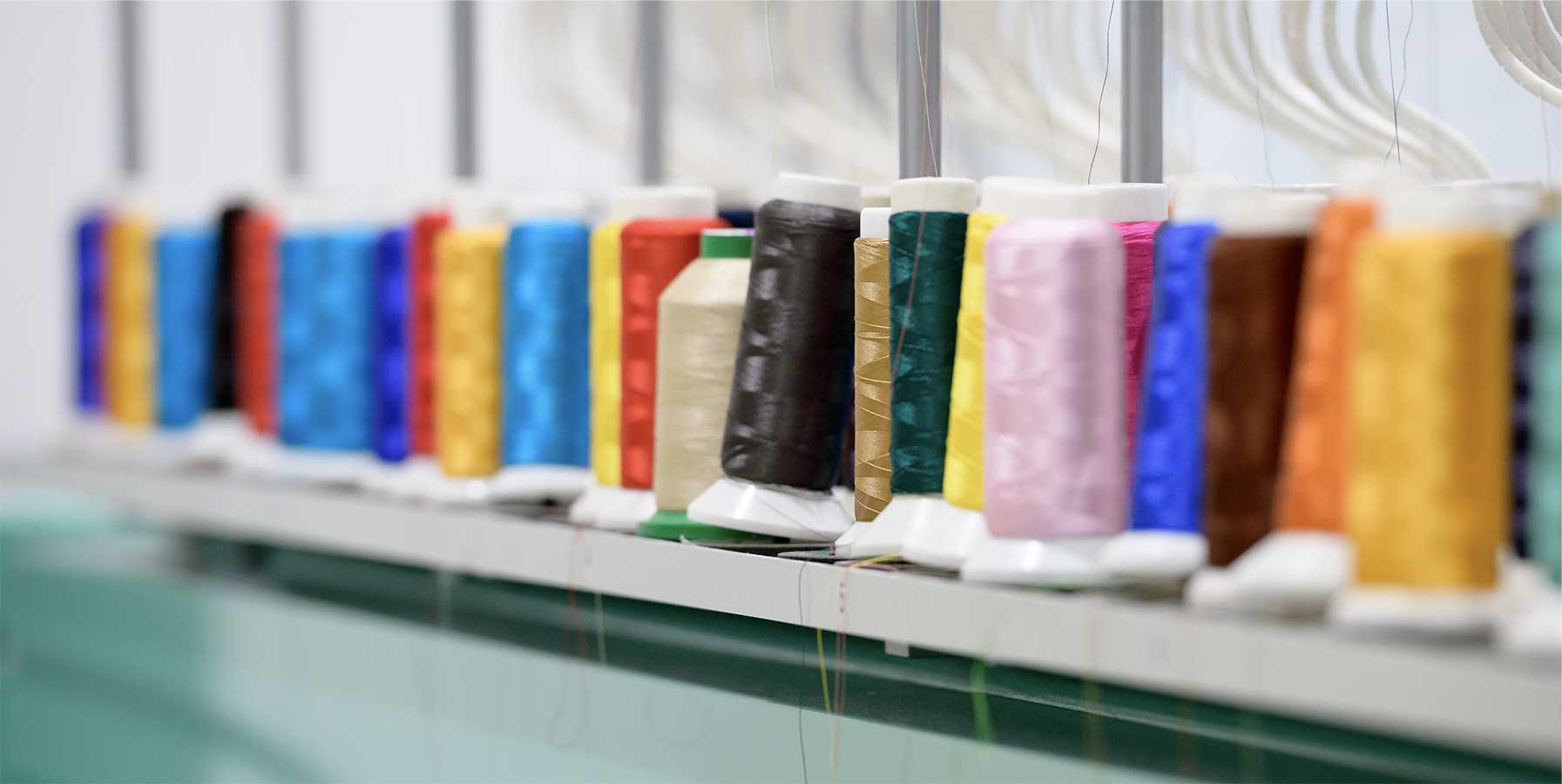
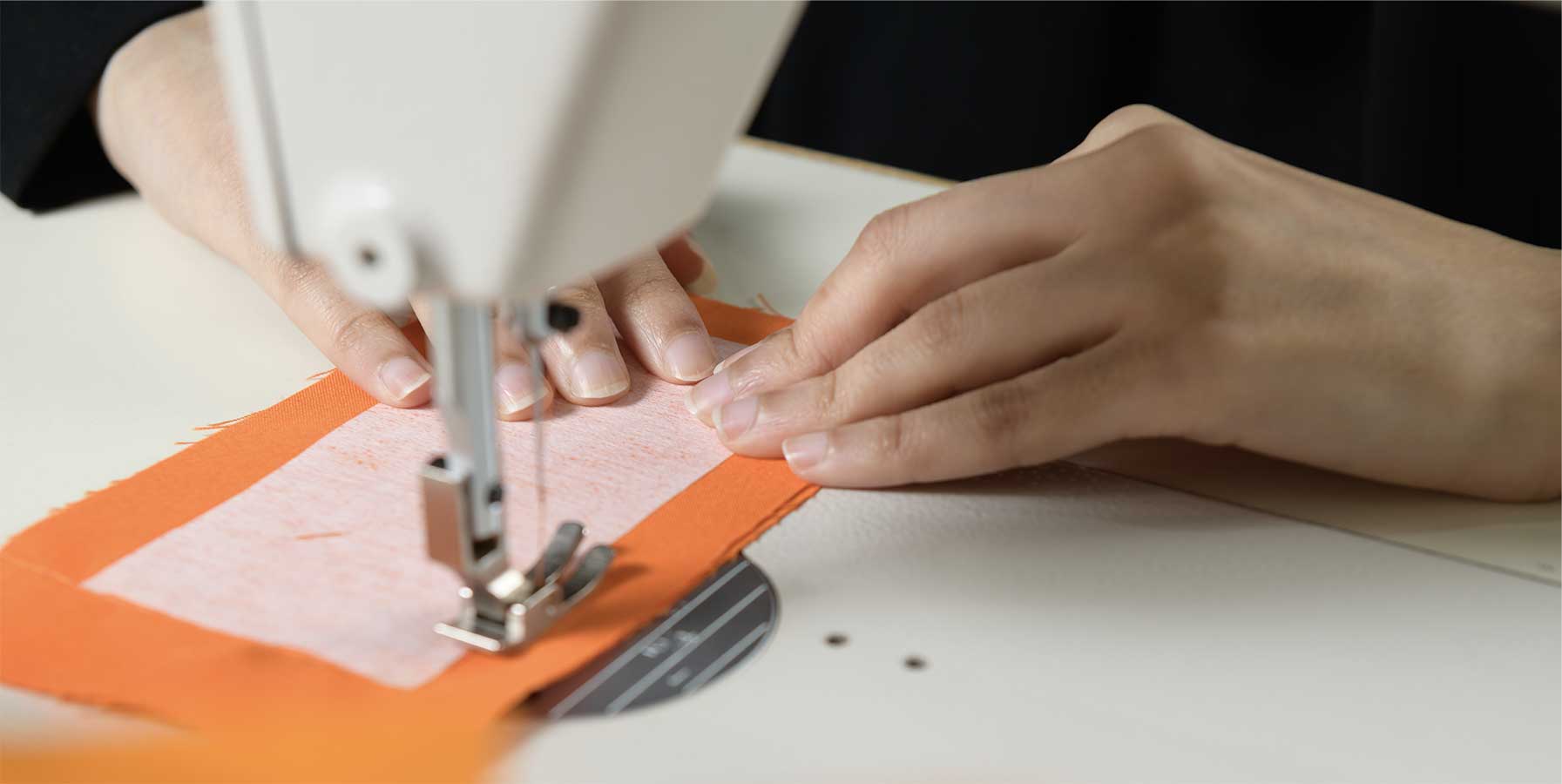
Our initiative in the textiles industry supports our efforts to enable communities to shape their economic future. We partnered with local charities and businesses, and together launched a center to support women by equipping them with sewing skills.
Located in Dammam, the Qetan Sewing Center was launched in 2017 with 47 hearing-impaired women employed to support a production capacity of around 82,000 items, including lines of medical linens and industrial uniforms. In Jazan, we launched the Imprint Factory for Clothing & Uniforms to support 50 beneficiaries, both male and female, by training them in the production of military and medical clothing.
Cosmetics
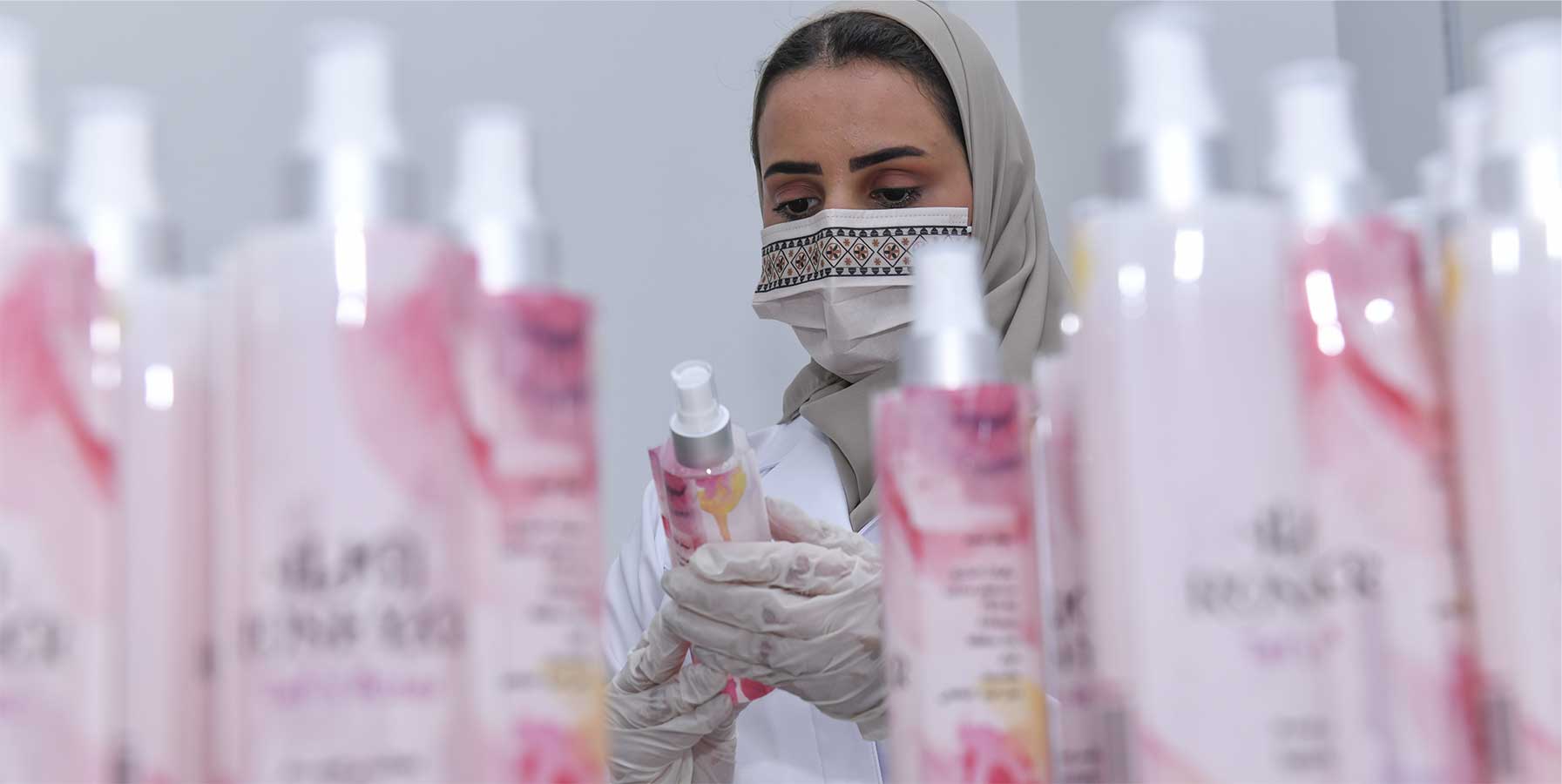
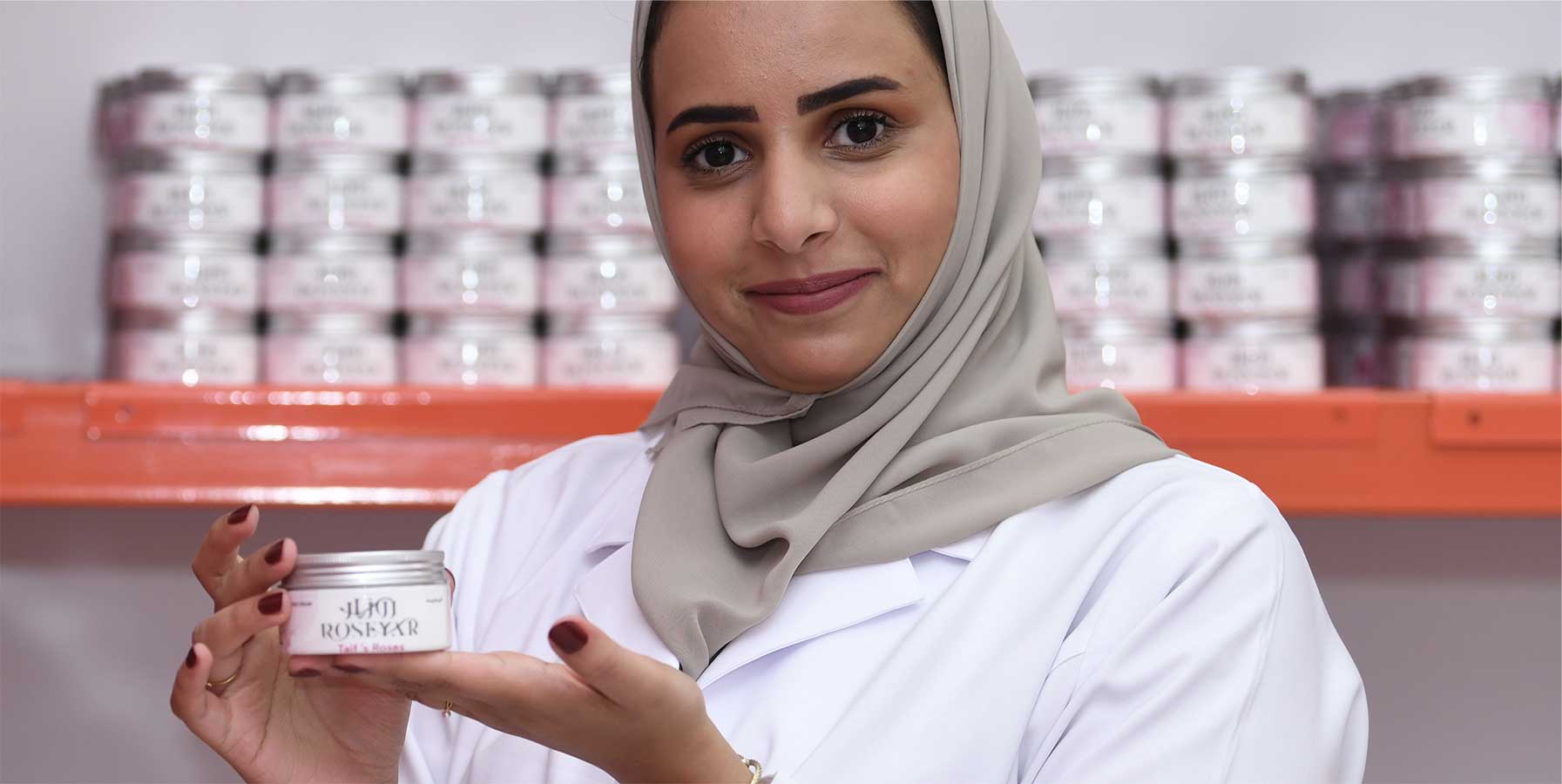
We found potential in the cosmetics industry to increase job opportunities for local communities in Taif. In 2021, we partnered with Al Yakaza Charity and Al Kamal Roses Factory to establish the Roseyar Factory, which employs local women in the manufacture of cosmetics based on oil derived from locally-grown Taif roses.
This involved training and recruiting 40 women to work in the factory, providing them with a sustainable income producing a range of body creams, lotions, perfumes, hand creams, and soaps. In 2021, we also launched the Roseyar online store to market and sell the products.
Olive oil products
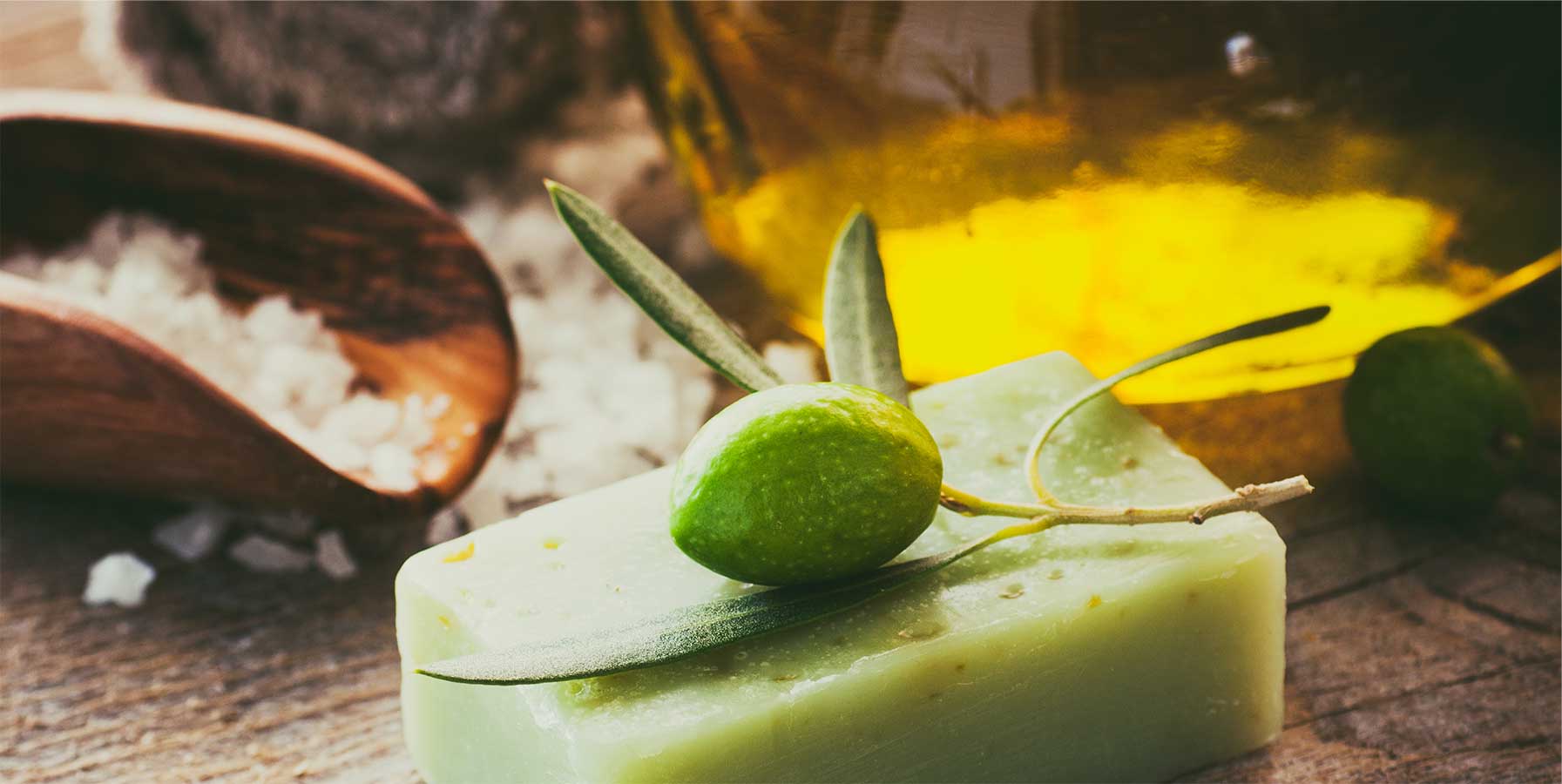
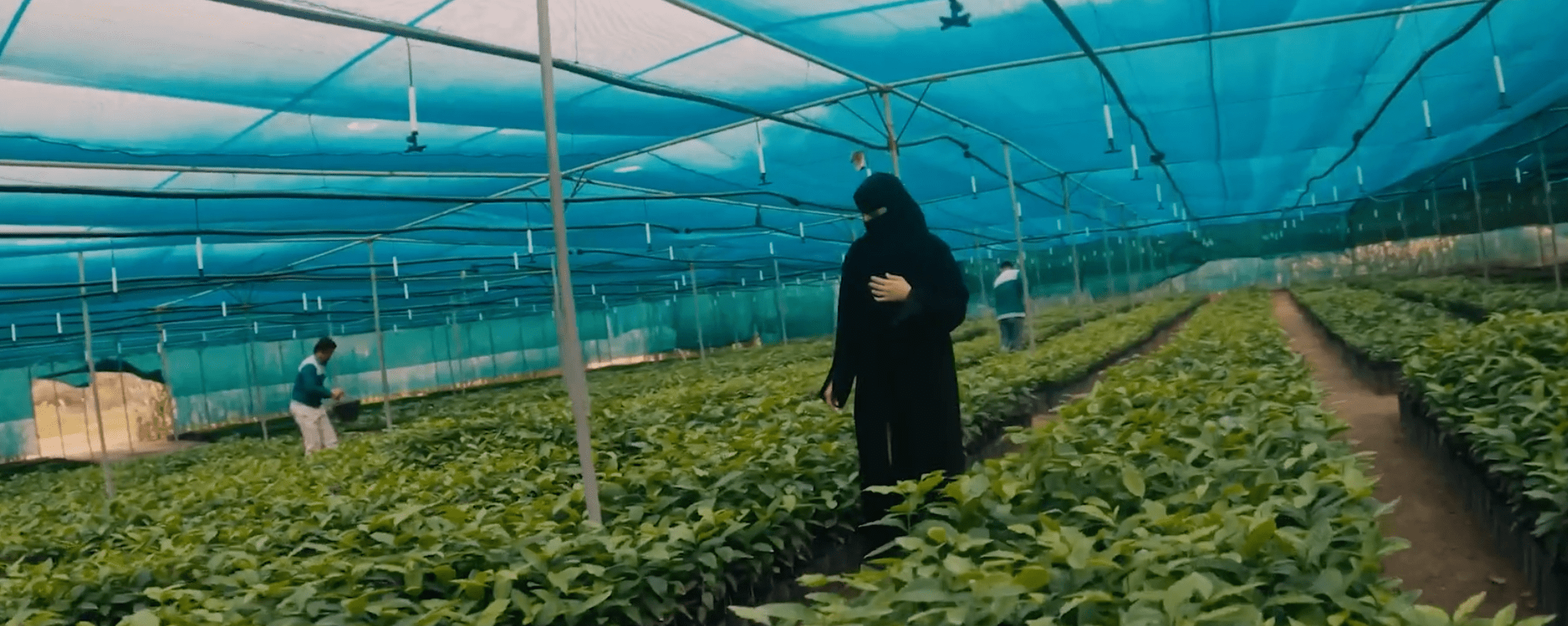
Another initiative we launched in the cosmetics industry is one that enables local communities to earn a stable income from producing and selling olive oil products. In 2018, we partnered with Al Mostawda Charitable Organization to establish Jofa, a factory that aims to increase job opportunities for local women from Doumat Al Jandal in Al-Jouf.
The factory produces various olive-based products, including soaps and lotions derived from locally-grown olive trees.
Coffee
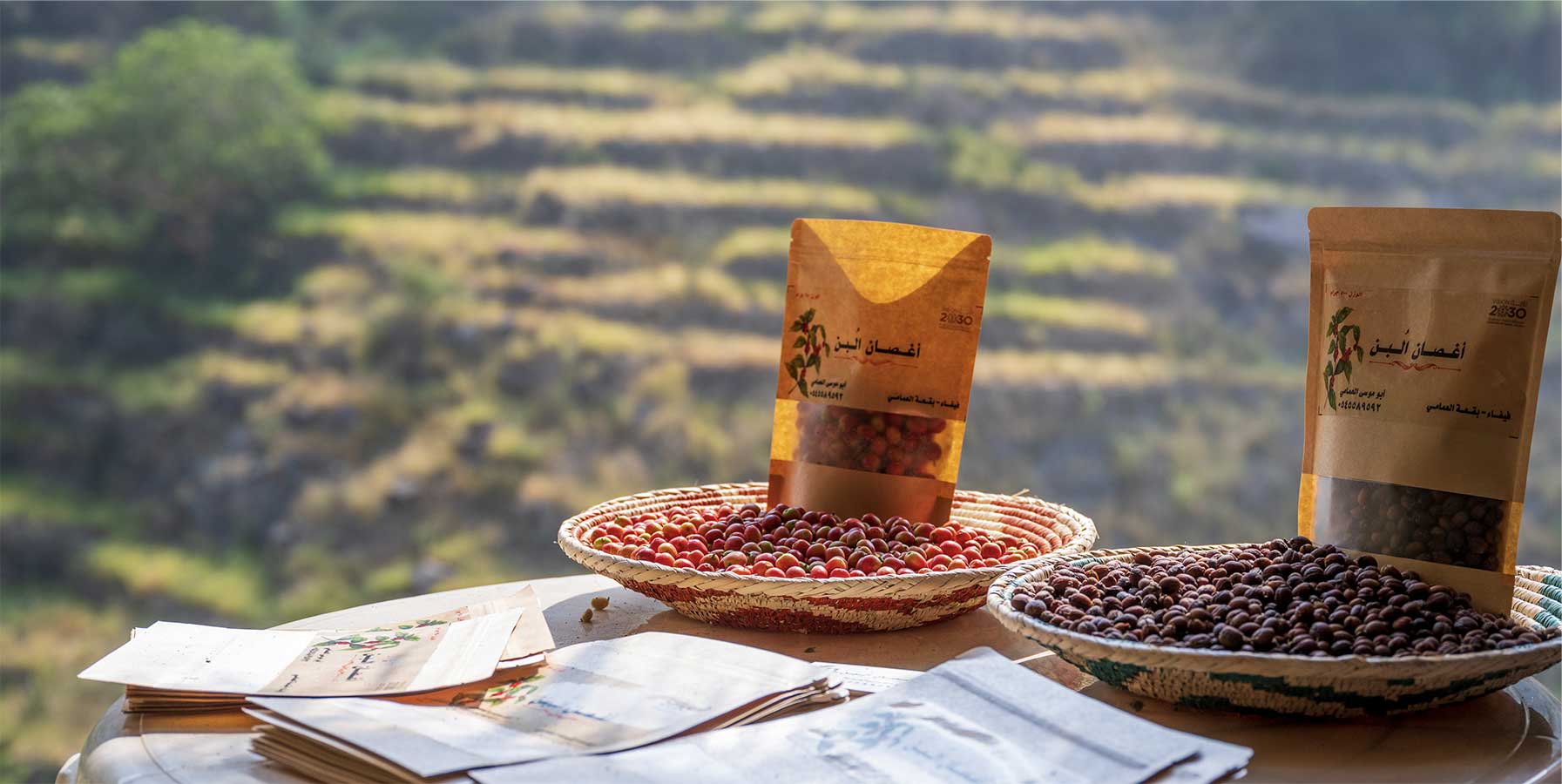
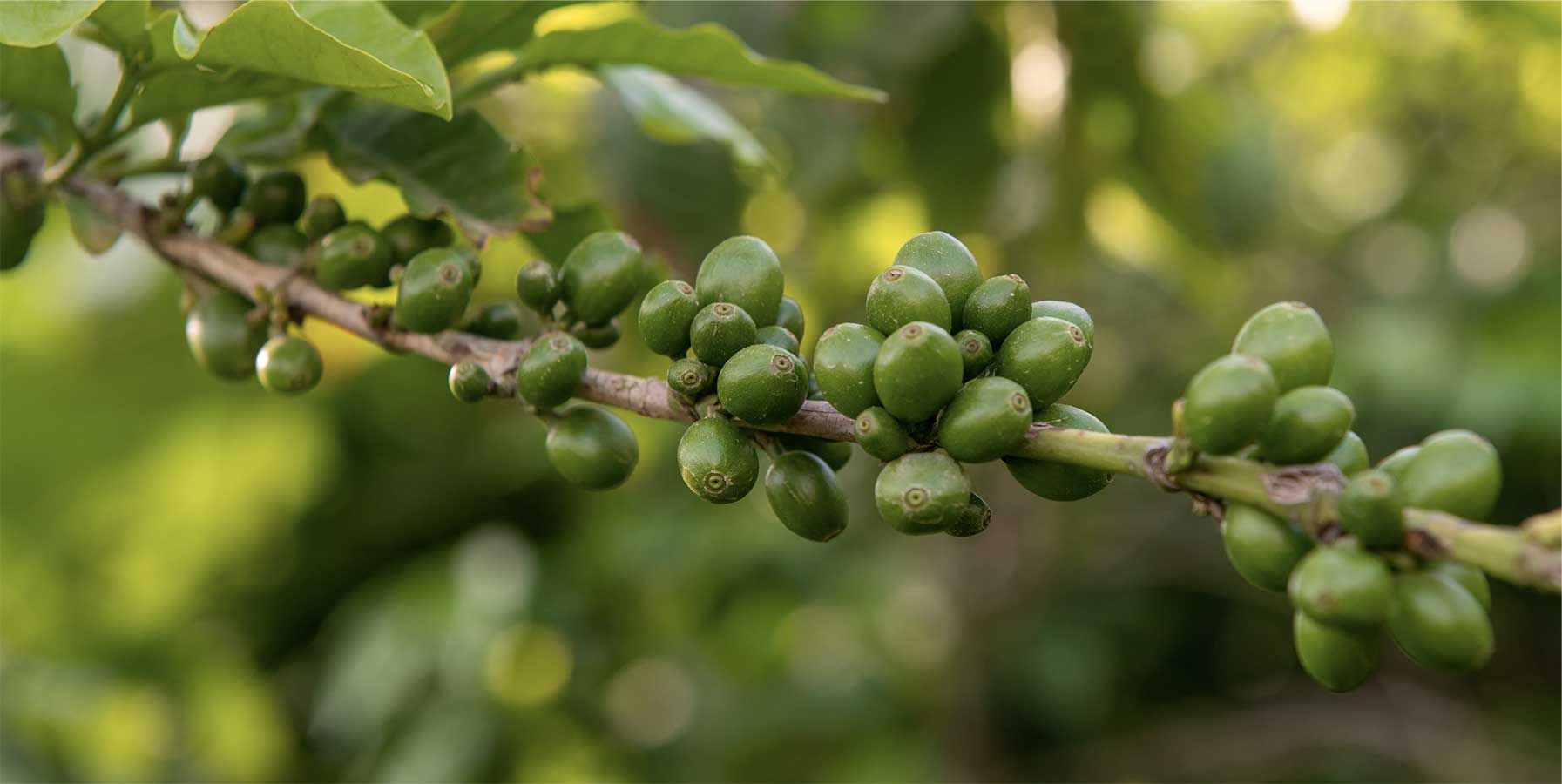
The Jazan and Aseer regions in the south-western part of Saudi Arabia are the focus of our efforts to support the growth of the local coffee industry.
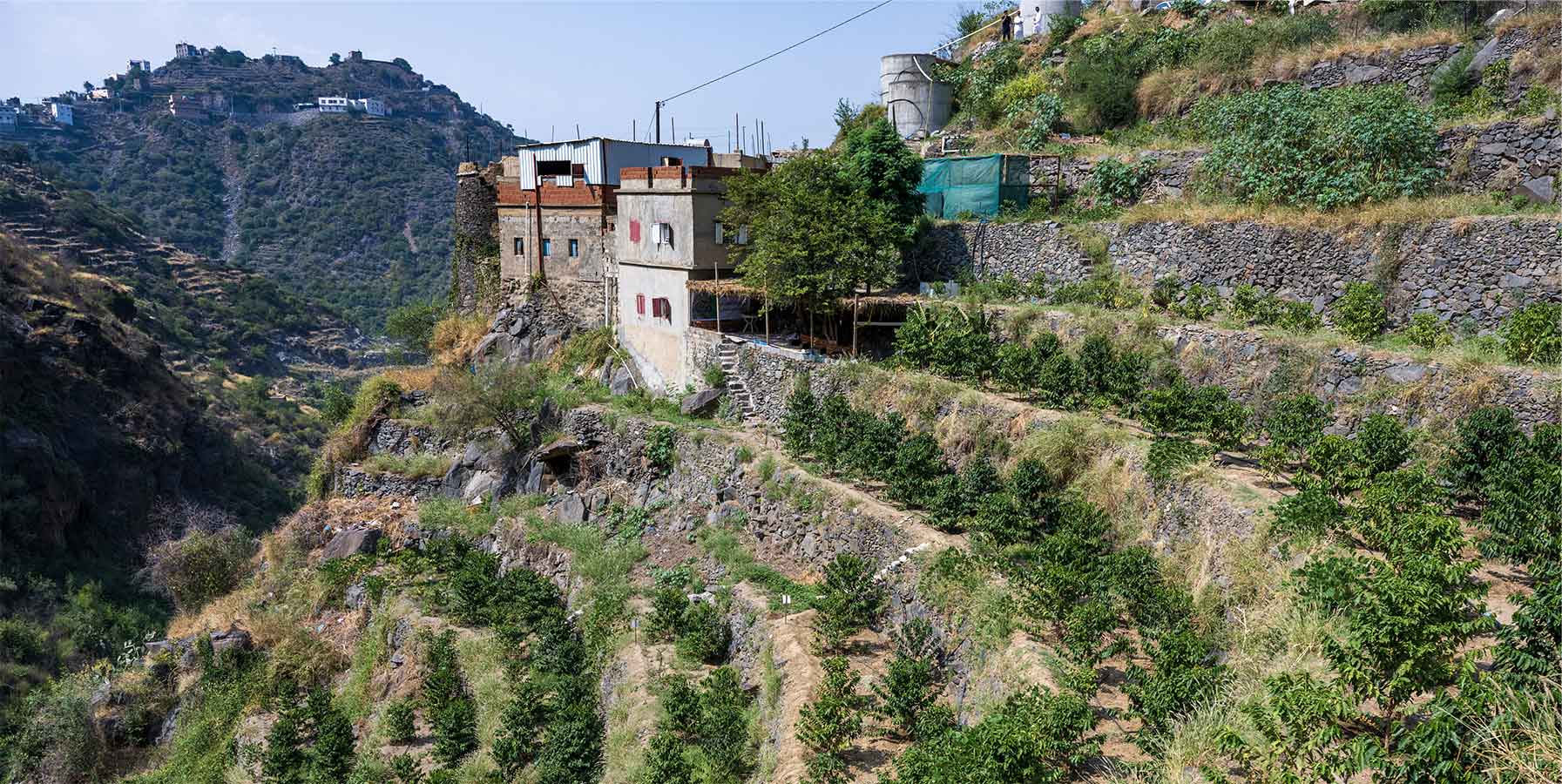
Our coffee initiative aims to equip coffee farmers with the needed tools to expand their production of Khawlani coffee beans, enabling them to earn a sustainable income and support their communities.
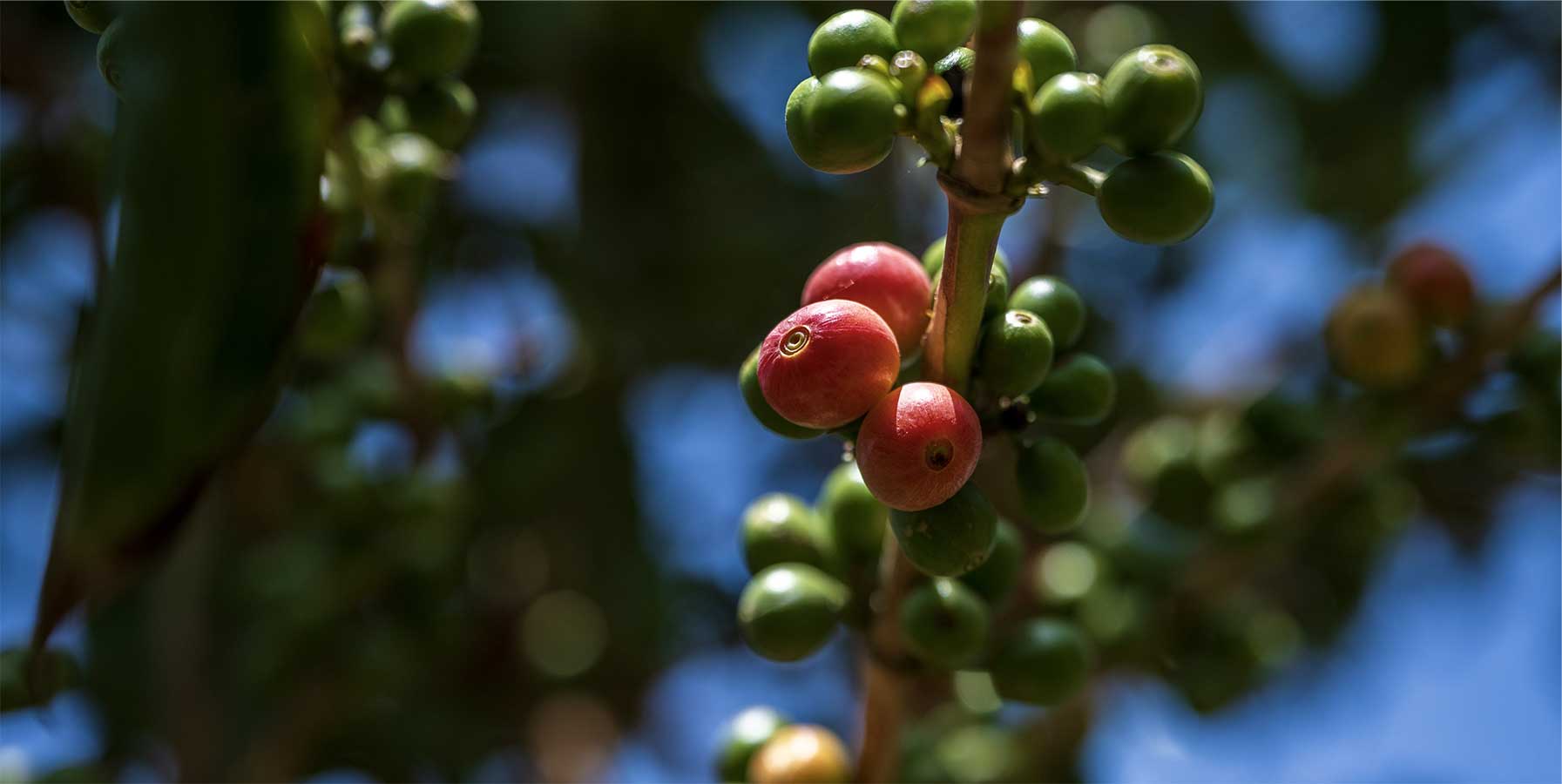
Initially launched in 2016, our initiative first started in Al-Dayer, a mountainous area of Jazan. Since then, it has expanded to six additional areas: Al-Fifa, Al-Eydabi, Al-Ardhah, Al-Raith, Haroob, and the nearby Aseer province.
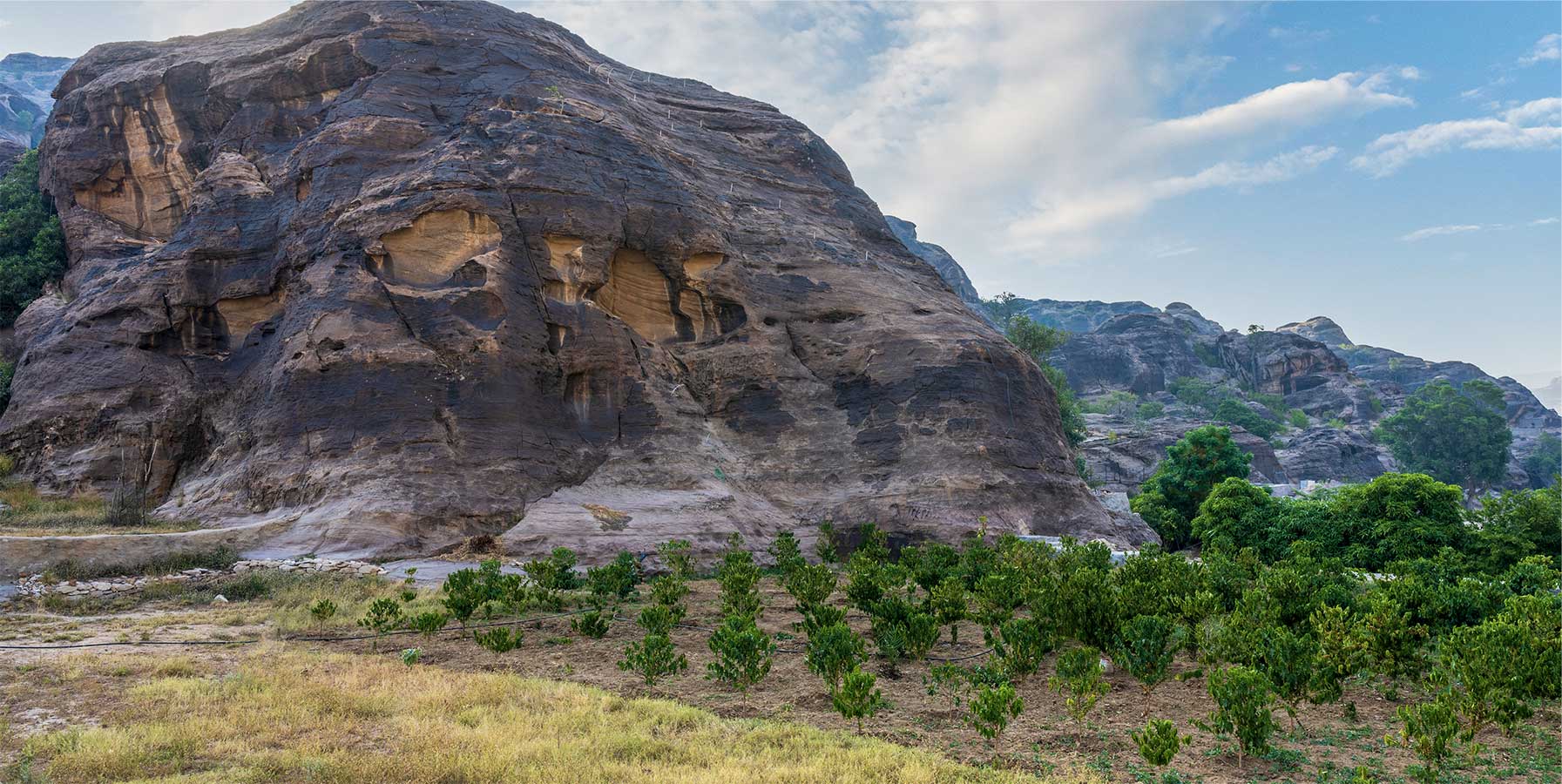
Our aim is to help local coffee farmers thrive, by providing them with the equipment and training they need to prosper.
Over the past decade, at least 1,043 local coffee farmers have benefitted from our support, which has included the planting of 200,000 seedlings and the use of smart and modern irrigation systems.
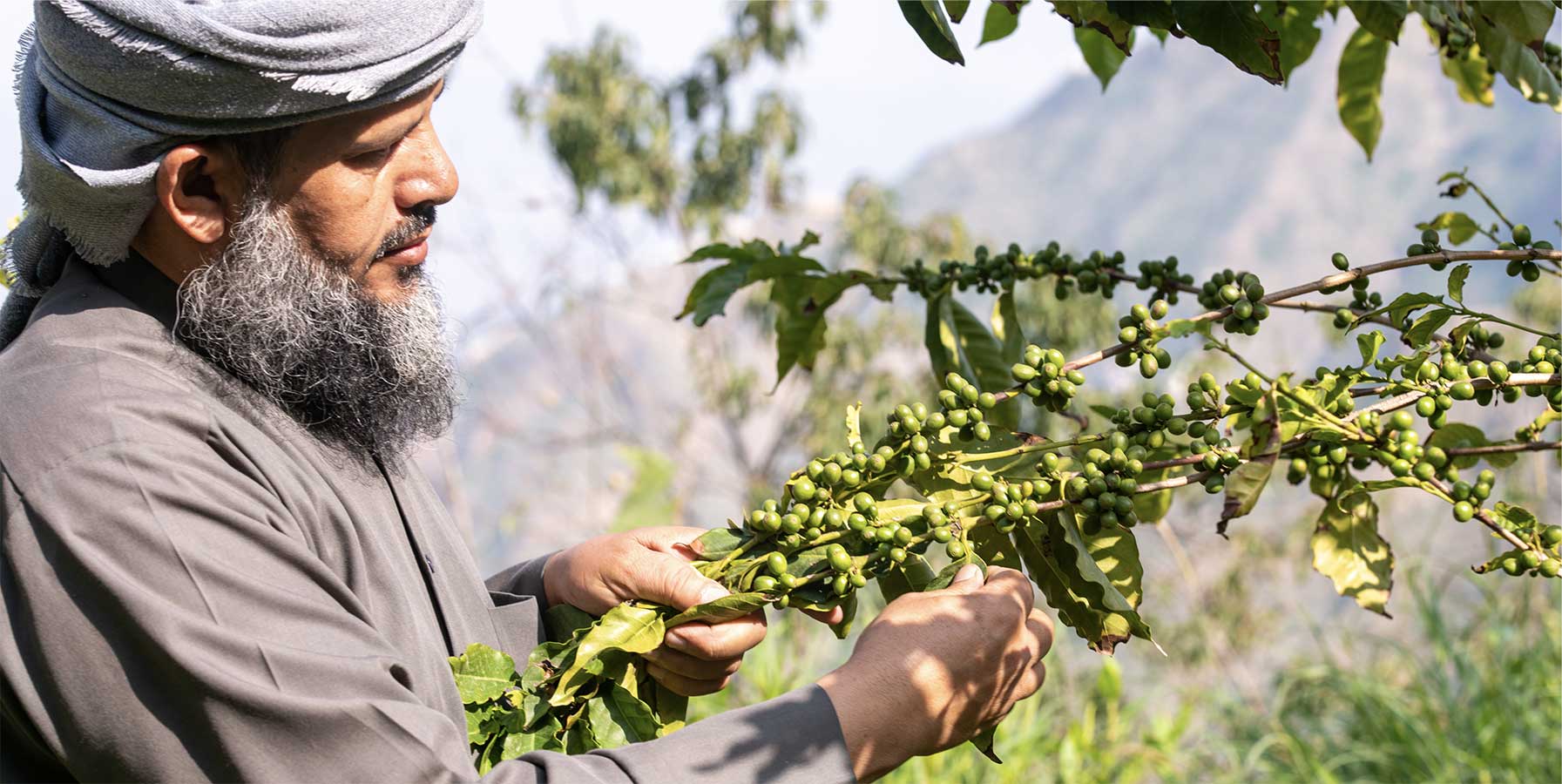
Our initiative aimed to help farmers produce more than 800 tons of coffee beans annually by the end of 2022, and has now succeeded in increasing coffee production to approximately 900 tons a year.
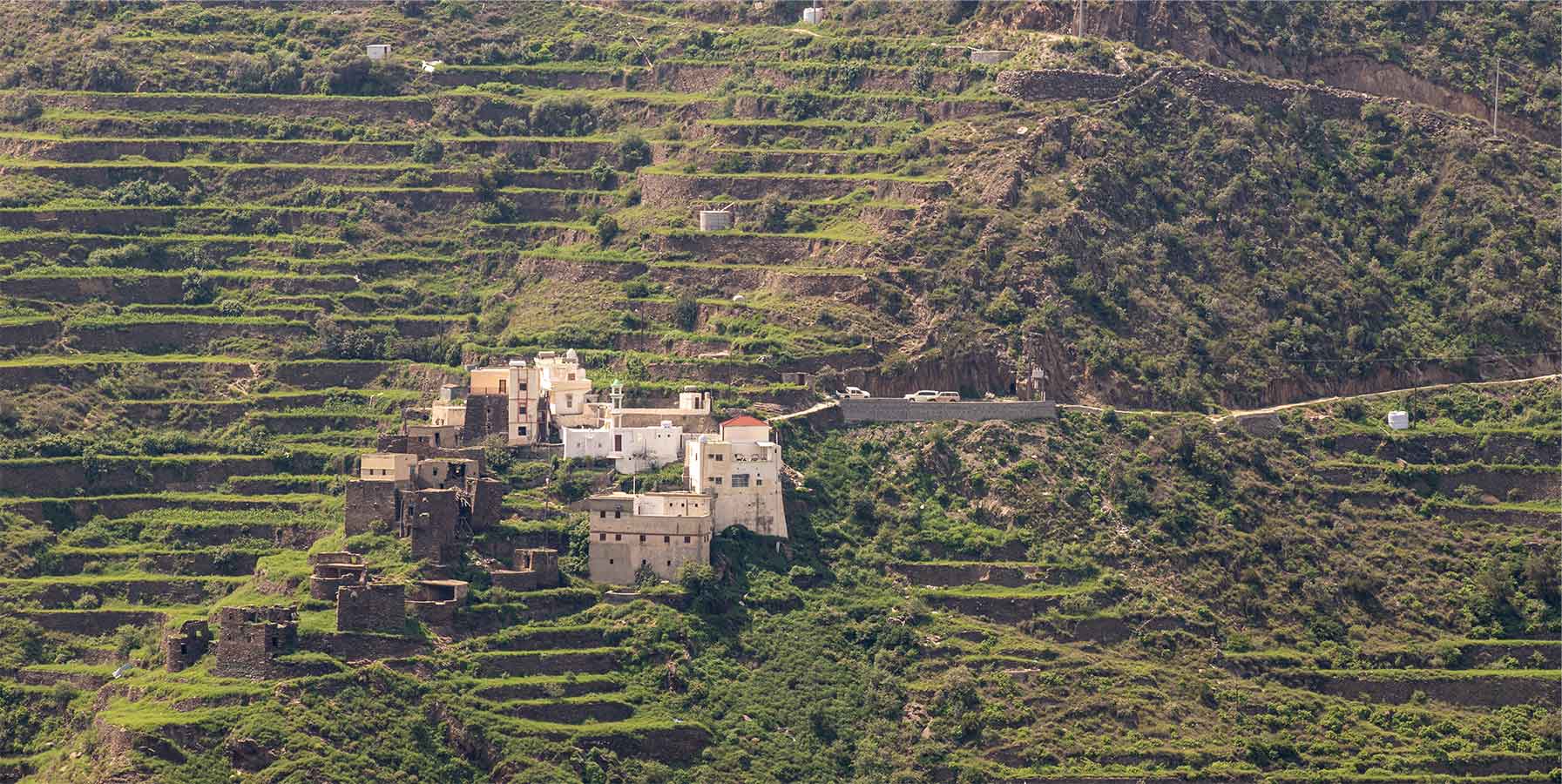
These systems contributed to conservation through helping reduce water use by around 80% — which improves the health of the coffee beans and the lush environment in these two regions.
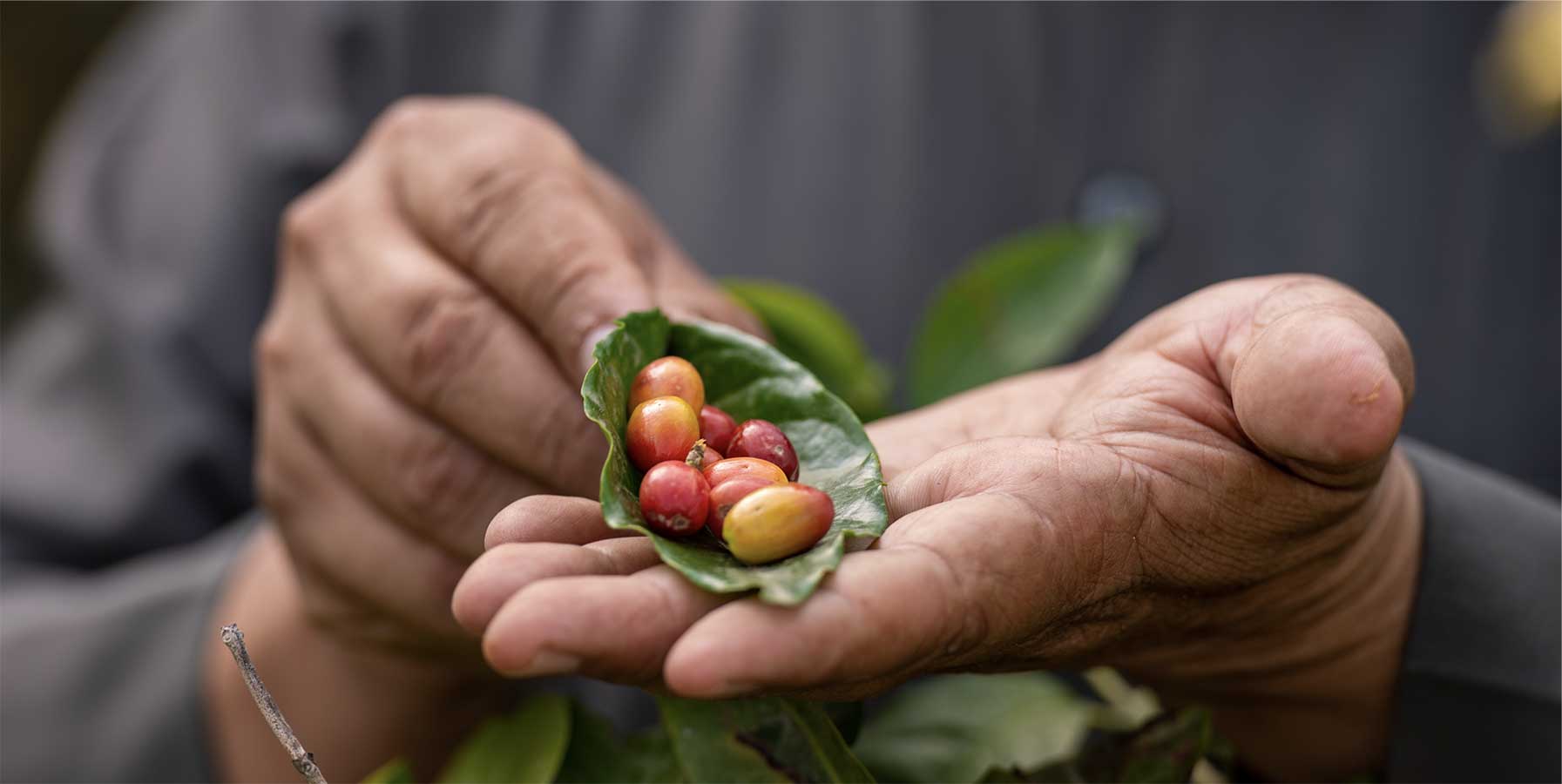
The program also supports farmers in exploring opportunities to commercialize coffee products and tap into the sector’s full potential.
As part of this initiative, we established a center for coffee production, the Saudi Coffee Development Center in Jazan. The Center aims to increase coffee production by improving research and developing the local market. It supports coffee farmers during every stage of production and trains them in best practices. The Center also aims to increase community awareness of local coffee production and elevate the Saudi coffee industry.

From coffee farming to beekeeping, Aramco continues to expand its citizenship efforts and support the development of more sustainable, thriving microindustries. In turn, this development will help support local communities to shape their future and preserve local traditional crafts for future generations.
Elements
Real stories inspire
Celebrating stories of people from across the Kingdom, whose lives have been transformed by projects that we are proud to support.



